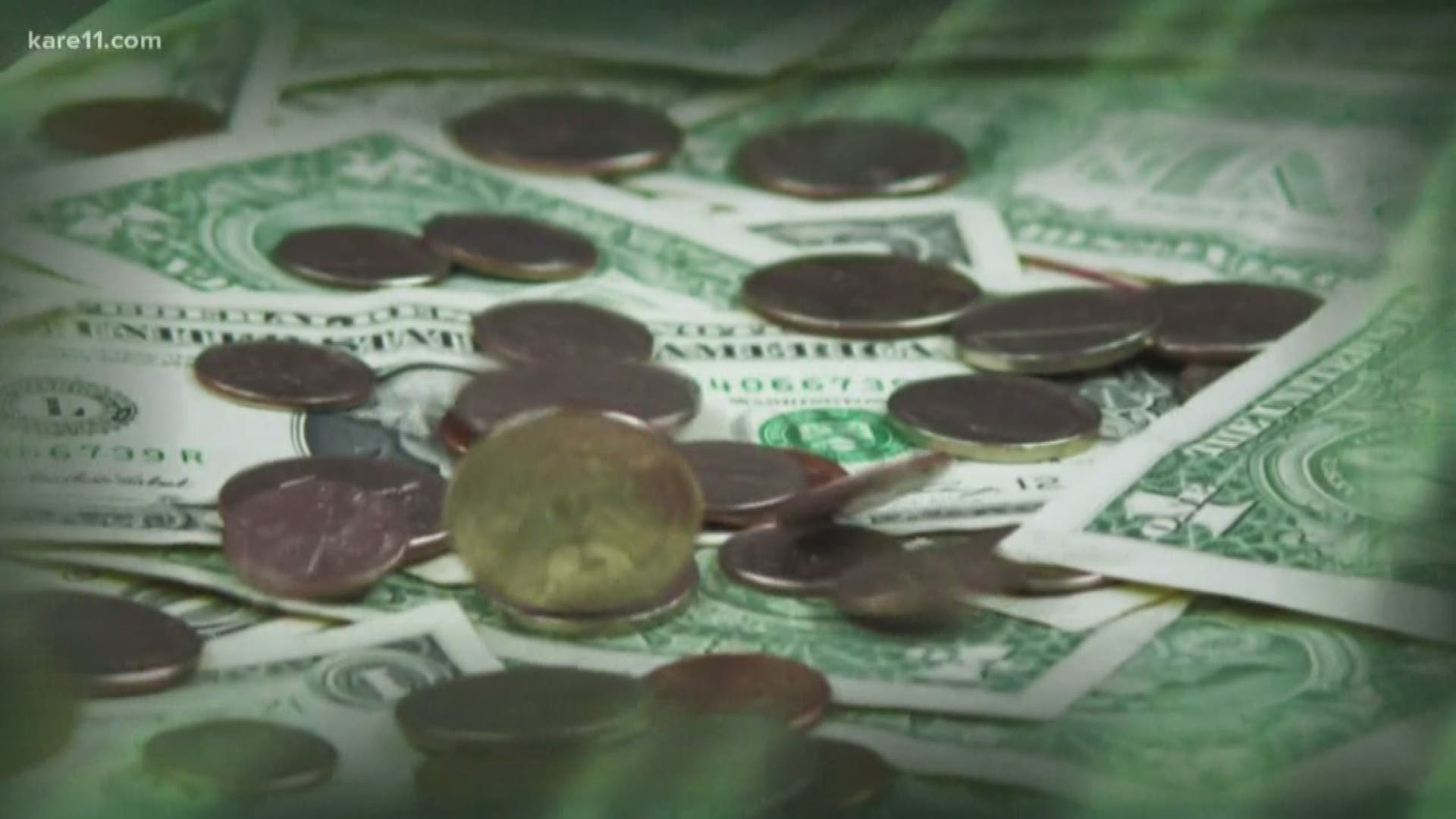News of the U.S. airstrike that killed Iran's top general has been reverberating around the world today.
President Trump said the strike killed Qassem Soleimani, who Trump called the number one terrorist in the world.
He also said Soleimani was responsible for hundreds of deaths of Americans.
Iran has now vowed quote "harsh retaliation" for it.
Of course, this story is going to be developing for quite some time.
Many people want to know how the escalating tensions could directly impact us all here at home.
"This increases the level of uncertainty in the markets," University of Minnesota Economics Professor Tim Kehoe says.
Uncertainty is the stock market's worst nightmare and Kehoe says there’s a lot of it going around this week.
He is currently at a conference with more than 8,000 of the nation’s top economists.
"This is a big topic of conversation here. A lot of people are talking about it and there are mixed thoughts on what this will mean economically," Kehoe says.
He says many economists already had a bleak outlook for the markets in the new year with an ongoing trade war with China.
And he says the situation with Iran will only hurt the markets even more.
"The direct effect on the U.S. economy is not going to be so big. Inflation is low, unemployment is low, but indirect impact could be significant. We do depend on our trade with Europe, with China, with Japan and they're going to be hurt by this more than we are,” Kehoe says.
So, investors will be more leery about putting money into the markets, he says.
You probably won't see higher prices in stores, or less jobs because of it, but your 401k and investments might not do as well this year.
“It all depends on what happens in the coming days,” Kehoe says.
One good thing that could possibly come out of the ongoing dispute with Iran is Kehoe says it could improve the trade talks with China.
“This uncertainty is going to hurt China more than it’s going to hurt the United States. They’re closer to Iran and trade more heavily with Iran and other countries in the area. With Chinese leaders under more pressure they might be more willing to give some ground in the trade dispute,” Kehoe says.
The situation in Iran may also have an impact on gas prices in the new year.
Gas futures on the market went up more than 3 percent overnight after the attack in Iran.
GasBuddy head petroleum analyst Patrick DeHaan says prices may go up even more in the coming days.
"The potential impact is measured by maybe five, maybe ten cents a gallon over the next one to two weeks," DeHaan says.
Again, it all depends on how Iran reacts in the coming days.
DeHaan says the U.S. hasn't relied on Iranian oil for years, but if the country decides to retaliate by attacking oil reserves in nearby countries, like it did in Saudi Arabia last September, that could impact the gasprices even more.
"And that is where the uncertainty and the risk now comes into play," DeHaan says.
There's that word again, “uncertainty,” which is where we're at right now.
Leaving financial experts cautiously waiting to see what happens next.
"I say that we should be nervous, we should be cautious, but there's no reason for panic yet,” Kehoe says.
We did some checking with GasBuddy and found that Twin Cities gas prices haven't changed much since attack.
The average price for a gallon of gas is still $2.39 and the national average remains $2.59.
But DeHaan says those prices could trend upward in the coming days
The U.S. is also sending about 3,000 troops to the Middle East amid the growing tensions.
We checked with the Minnesota National Guard and so far, none of their soldiers are being deployed, but they tell us they already have 700 soldiers currently serving in the Middle East.

